Organizer: integrative Human Circadian Daylight Platform (iHCDP)
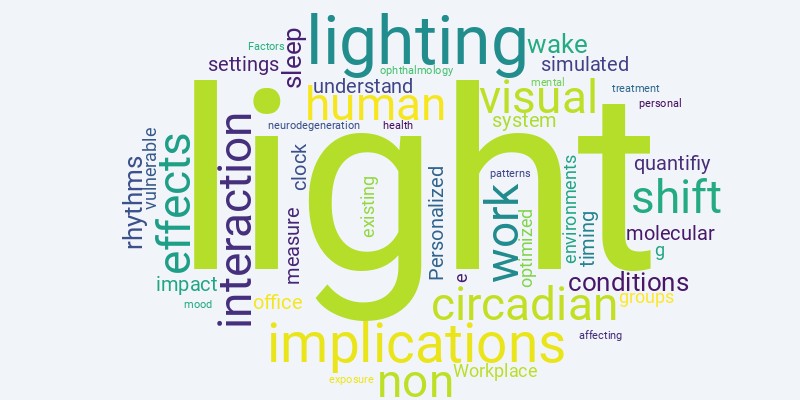
We are excited to anounce a new continuous education online course in Light and Chronobiology.
Attendance is free to all, please register here
(more…)Welcome to the Website of the Centre for Chronobiology
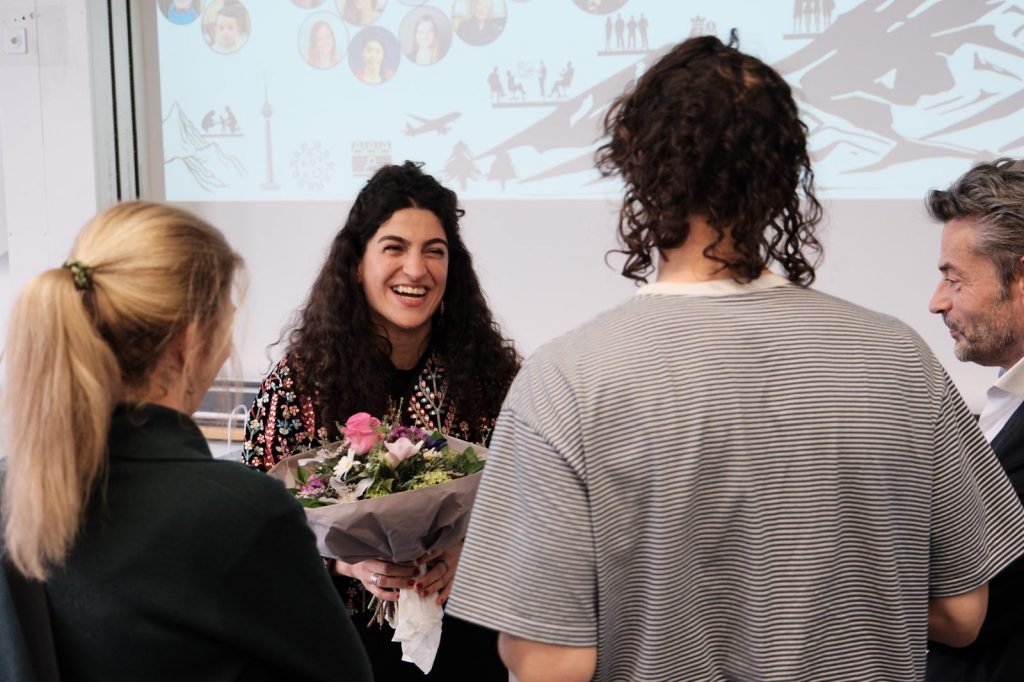
We are delighted to announce the successful doctoral defences of Fatemeh (Mahsa) Fazlali and Rafael Lazar, who both defended their PhD theses in March 2025.
(more…)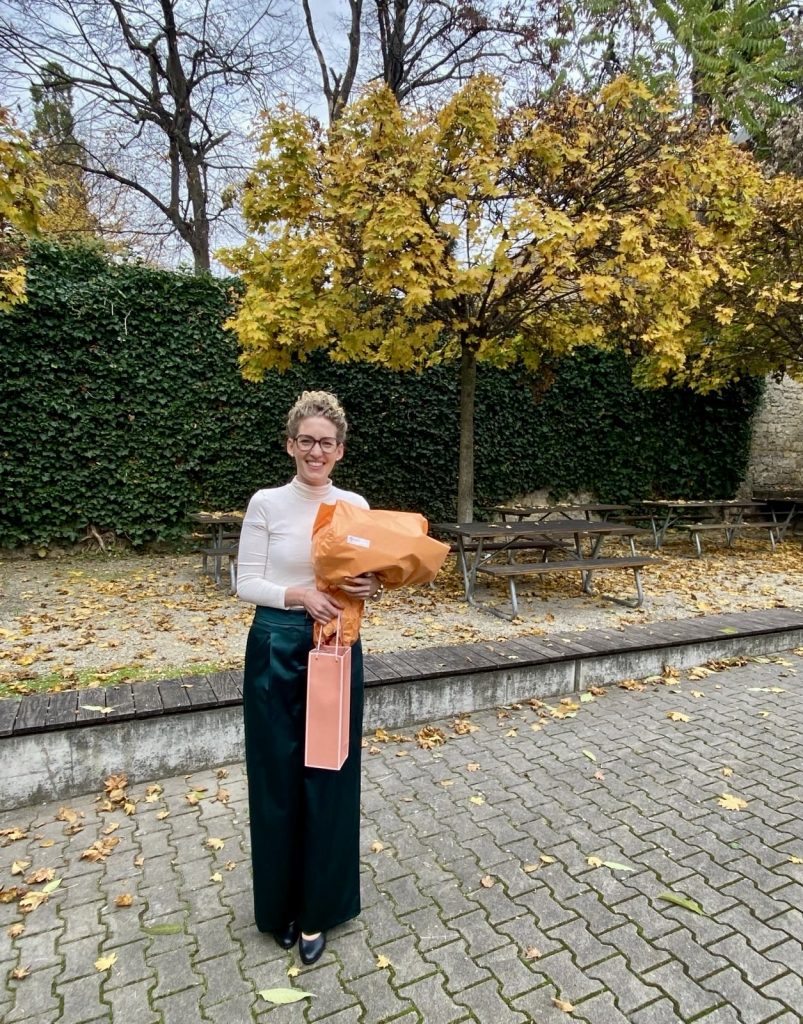
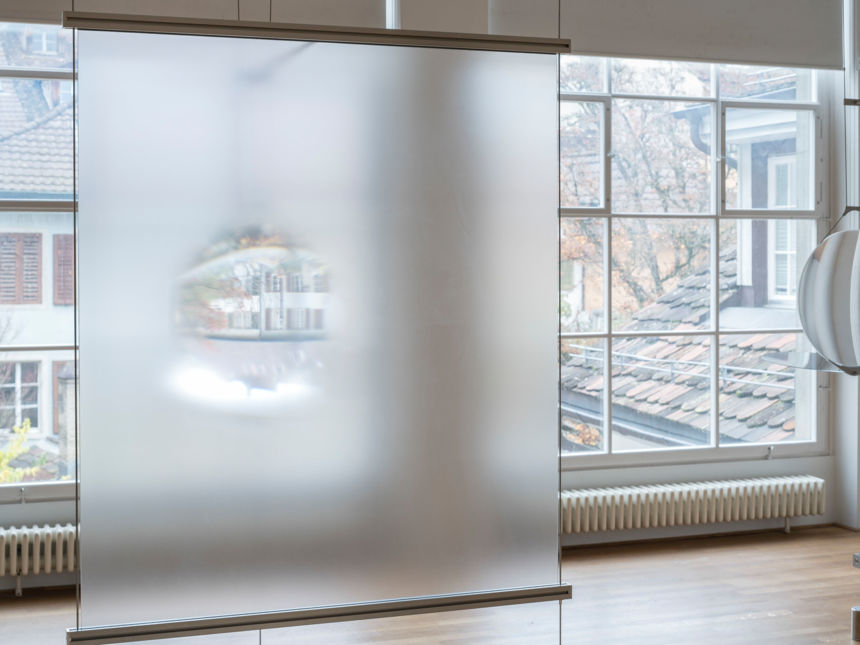
From 22 November 2024 to 11 May 2025, the exhibition "Lighten Up! In the rhythm of day and night" will be on display at the Gewerbemuseum Winterthur. Photo: Michael Lio.
(more…)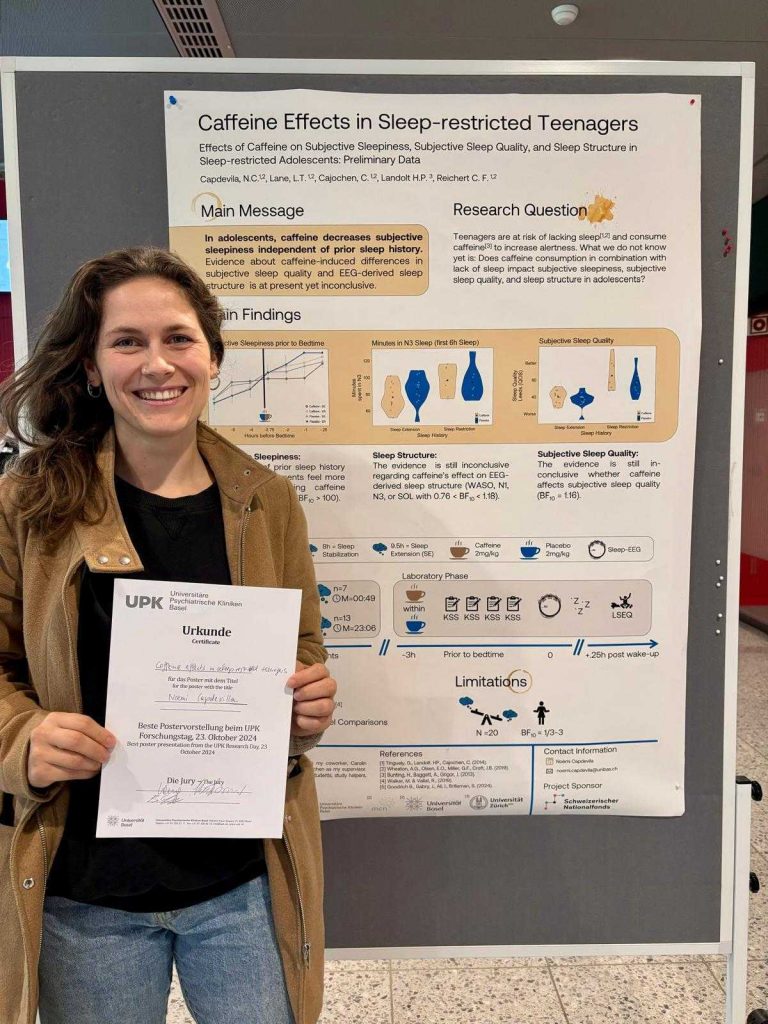
Our PhD student Noëmi Capdevila has received several awards for the presentation of her research results.
(more…)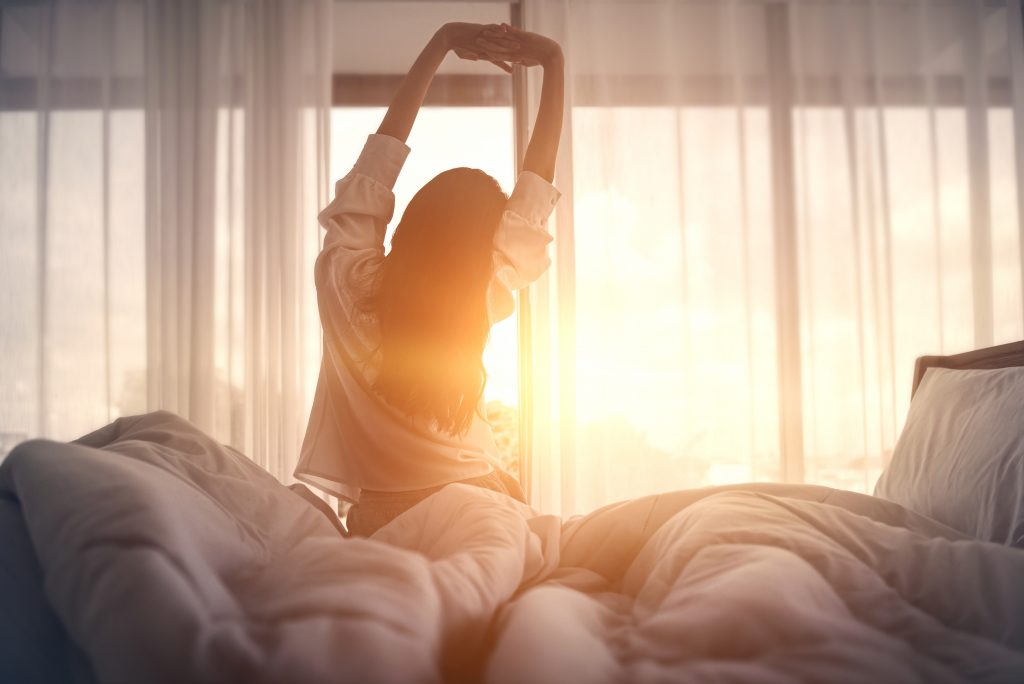
The SRF show “Gesundheit heute” from September 14, 2024, focused on how light affects our health.
(more…)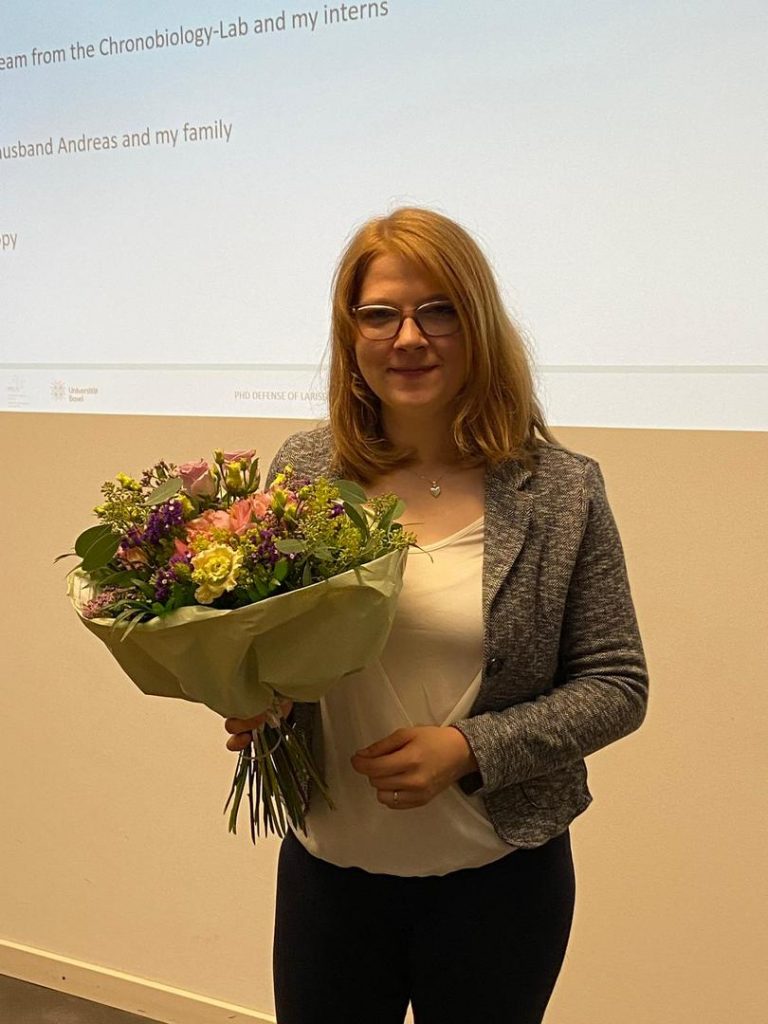
Congratulations to Dr Larissa Wuest on successfully defending her PhD thesis!
(more…)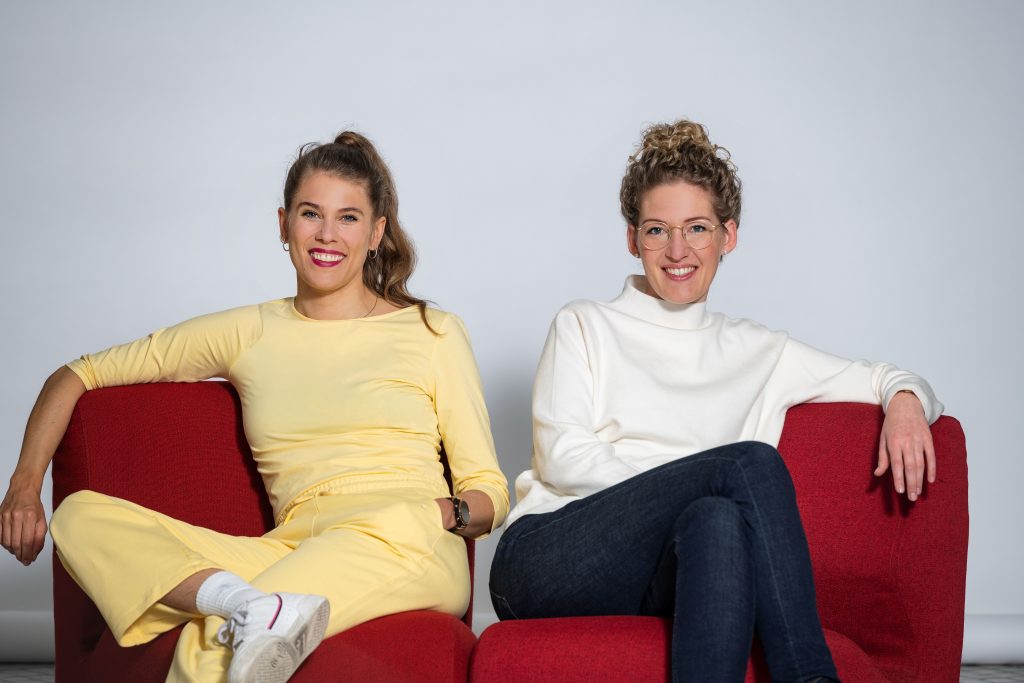
Dr Christine Blume and science journalist Ilka Eliana Knigge have been awarded this year's prize for science communication and science journalism by the German Psychological Society (DGPs) for their podcast ‘About Sleep’.
(more…)Prof. Christian Cajochen was recently interviewed by SELF magazine. In the article entitled "Why a Full Moon Might Mess With Your Sleep, According to Science", he discusses research into the relationship between sleep and the lunar phase. You can read the full interview here.
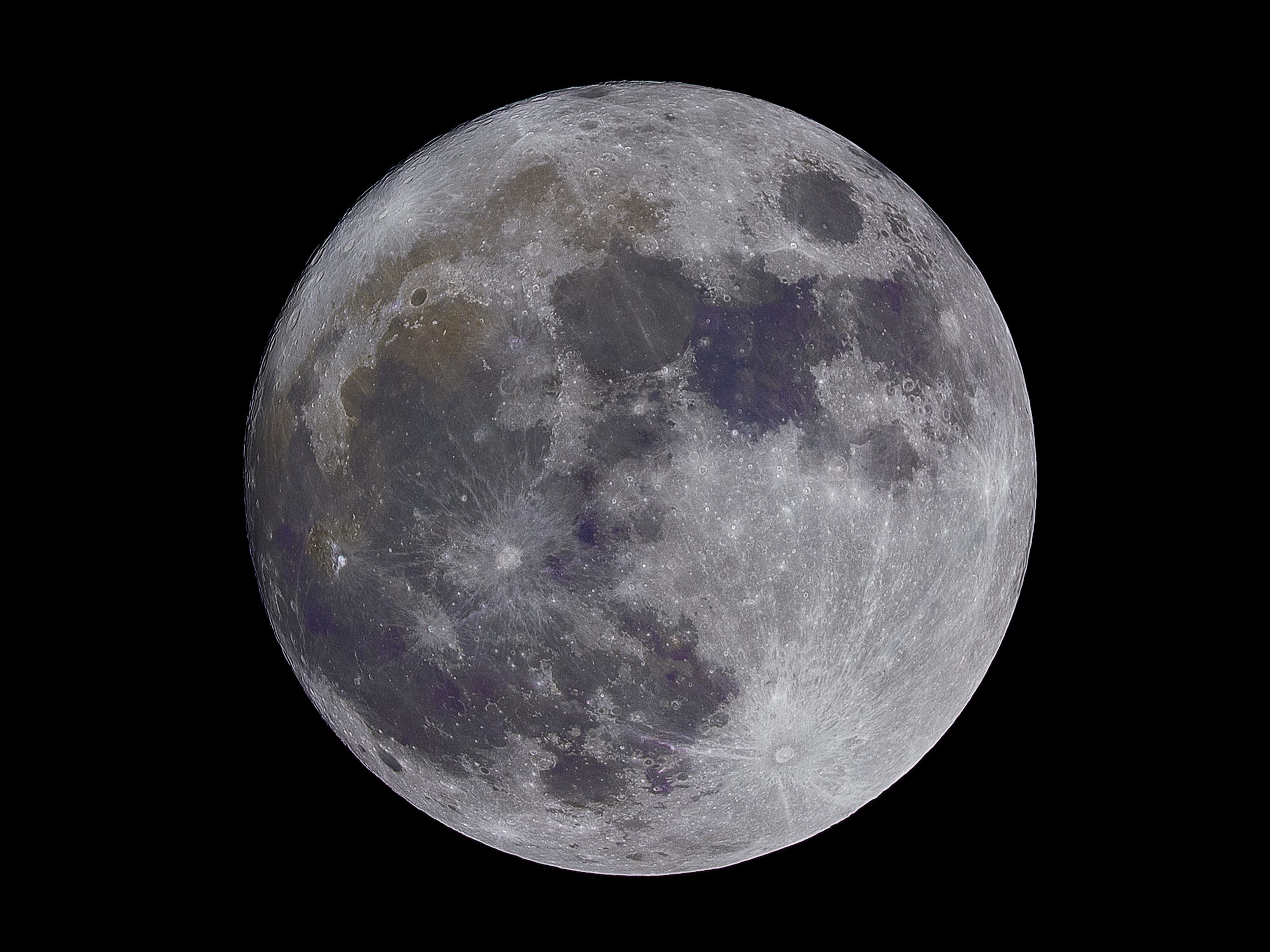
Our Chronobiology team enjoyed a refreshing Chrono-hike in the beautiful mountains of Engelberg, Switzerland, with a clear blue sky and sunny weather. We had a great time together, enjoying the amazing views and the beauty of nature all around us.
A big thanks to Dr. Christine Blume for organizing this wonderful day!
